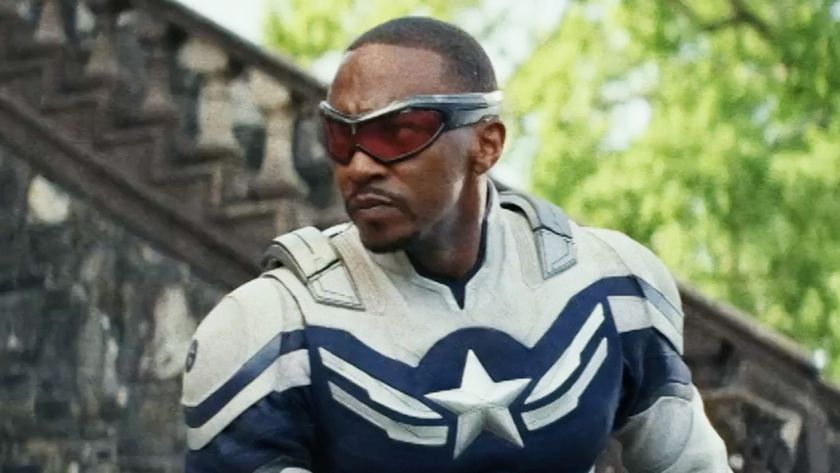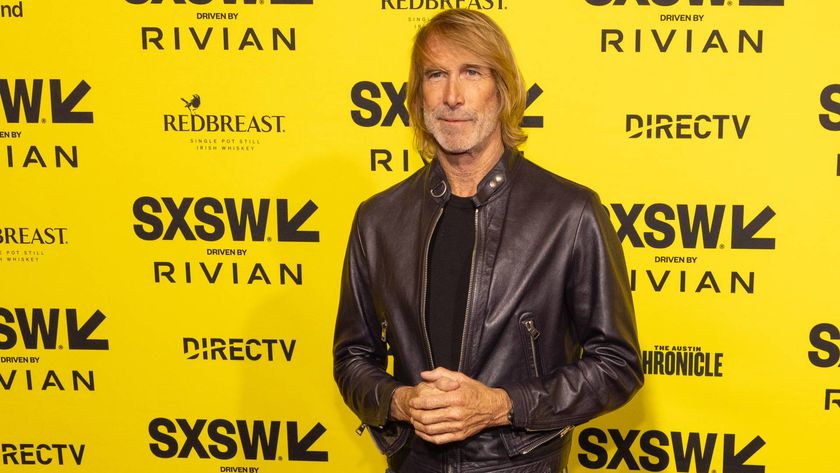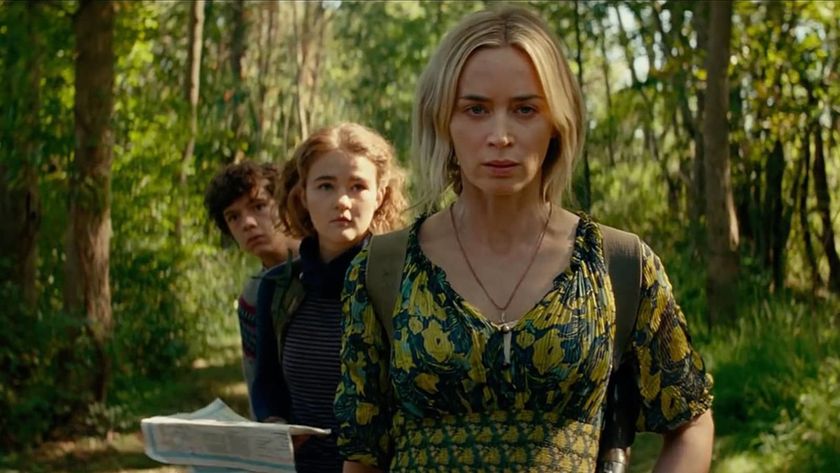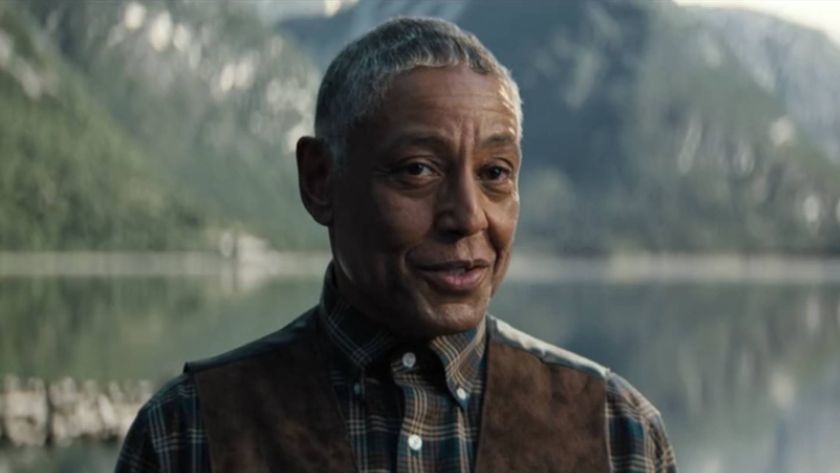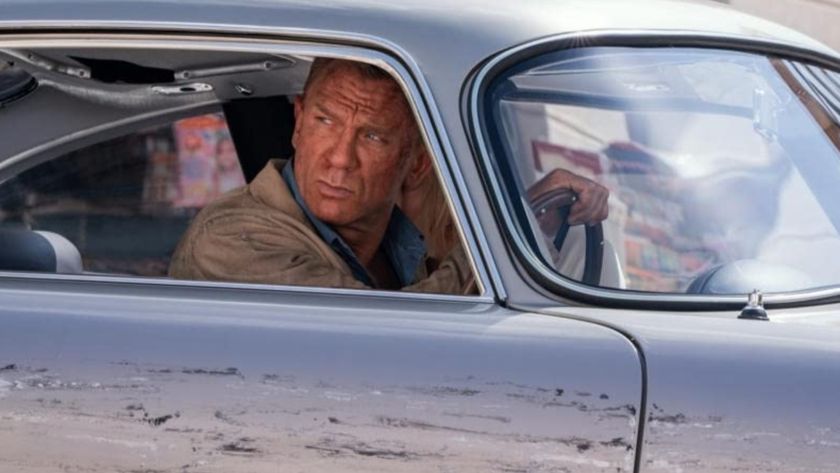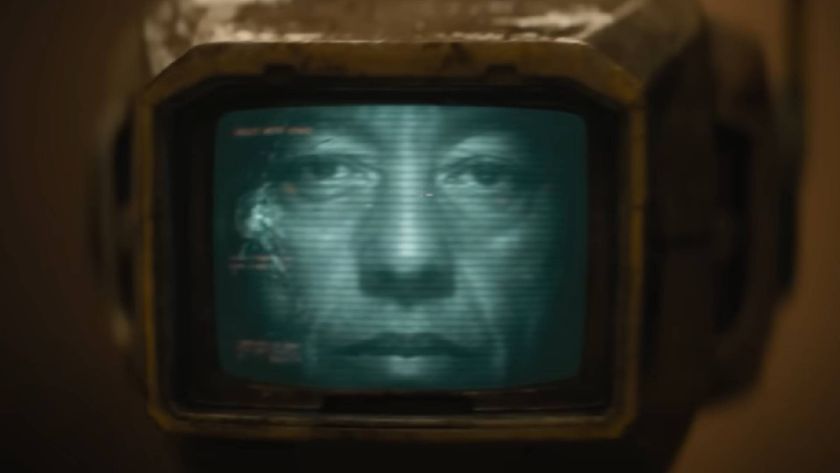50 Great Movies Accused Of Being Rip-Offs
Coincidence or plagiarism?
Cars (2006)
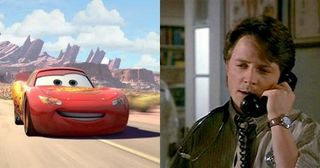
The Accusation: Not even the removal of all of the humans from Pixar's auto-centric adventure could stop the sense of deja vu that Lightning McQueen's exile in a small town was a reprise of Michael J. Fox's experiences in Doc Hollywood .
The Spark Of Originality: Actually, this one pretty much is just ' Doc Hollywood with cars.'
The Truman Show (1998)
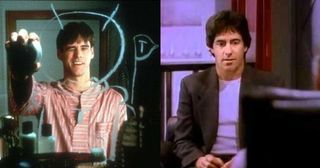
The Accusation: Peter Weir and Andrew Niccol's reality TV satire arrived two years before Big Brother debuted in the States... but nearly a decade after the relaunched The Twilight Zone did the story in 1989 episode Special Service .
The Spark Of Originality: Weir's decision to film the story neither as thriller nor satire gives Truman's journey its staying power as an existential odyssey.
American Gigolo (1980)
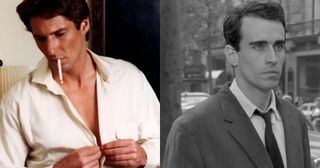
The Accusation: Not an accusation - writer/director Paul Schrader has been upfront about the influence of Robert Besson's Pickpocket on Richard Gere's existential, perfectionist anti-hero, and both films have the same ending.
The Spark Of Originality: The slick, superficial surface of Armani suits and Moroder's music provides the perfect mirror to early-80s American narcissism.
Obsession (1976)
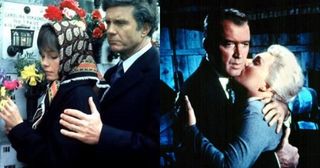
The Accusation: When does borrowing a film's plot and themes become an obsession? In Brian De Palma's case, when he hired Bernard Herrmann to compose the score to his update of Hitchcock's Vertigo .
Sign up for the Total Film Newsletter
Bringing all the latest movie news, features, and reviews to your inbox
The Spark Of Originality: The twist, which avoids aping the lookalike's backstory in Vertigo in favour of something even more twisted and subversive.
Kill Bill (2003-4)
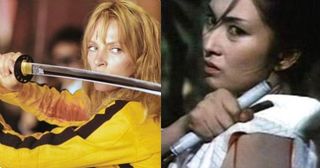
The Accusation: For all Quentin Tarantino's assertions that his two-parter was a compendium of dozens of grindhouse homages, the main storyline - not to mention the swordfights - were stolen from 1973 Japanese thriller Lady Snowblood .
The Spark Of Originality: The space given to The Bride's victims to develop their characters before their inevitable bloody demise makes the whole thing as much of an ensemble drama as a straightforward action romp.
Nosferatu (1922)
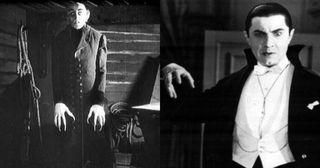
The Accusation: There have been many adaptations of Bram Stoker's Dracula, but none so cavalier as F.W. Murnau's tactic of simply changing the names and hoping nobody would notice. They did notice, and Stoker's estate successfully sued for copyright infringement. Fortunately for film history, one print survived the court-ordered burning.
The Spark Of Originality: Freed from Stoker's text, Murnau transformed Nosferatu into cinema's first great monster, aided by the creepy performance of Max Schreck.
Monsters, Inc. (2001)
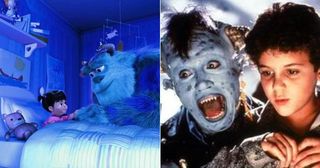
The Accusation: Pixar's attempt to find a plausible rationale for why monsters invade children's bedrooms owed much to 1989 comedy Little Monsters . One uses wardrobe doors as magic portals to the monster world; the other has staircases that emerge under kids' beds.
Both star blue monsters, with very similar horns sproating from their respective heads.
The Spark Of Originality : The reason Monstropolis needs (or thinks it needs) the kids' screams, which provides a satisfying resolution when they discover an alternative source of energy.
The Big Chill (1983)
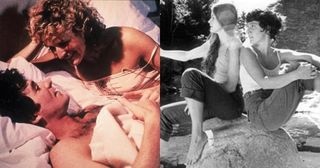
The Accusation: John Sayles made his name as an independent director with The Return Of The Secaucus 7 , a 1980 drama about a reunion of college friends. Three years later, Columbia Pictures released Lawrence Kasdan's similar The Big Chill . Coincidence? According to Kasdan, yes.
The Spark Of Originality: Something only a major studio could afford - a wall-to-wall soundtrack of baby boomer golden oldies that underscores the film's elegiac reflection on lives loved and lost.
Chicken Run (2000)
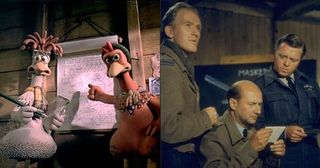
The Accusation: Rather than a neo-realist evocation of the plight of poultry, Aardman Animation's feature-length debut is instead an action adventure modelled conspicuously on John Sturges' WWII classic The Great Escape .
The Spark Of Originality: The surprisingly robust coop/camp metaphor.
Some Like It Hot (1959)
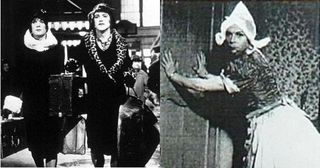
The Accusation: Billy Wilder admitted that the central 'men in drag' premise of his classic comedy was purloined from 1935 French movie Fanfare d'Amour .
The Spark Of Originality: The introduction of the real-life St Valentine's Day Massacre to provide Joe and Jerry with a compelling reason for dragging up.
